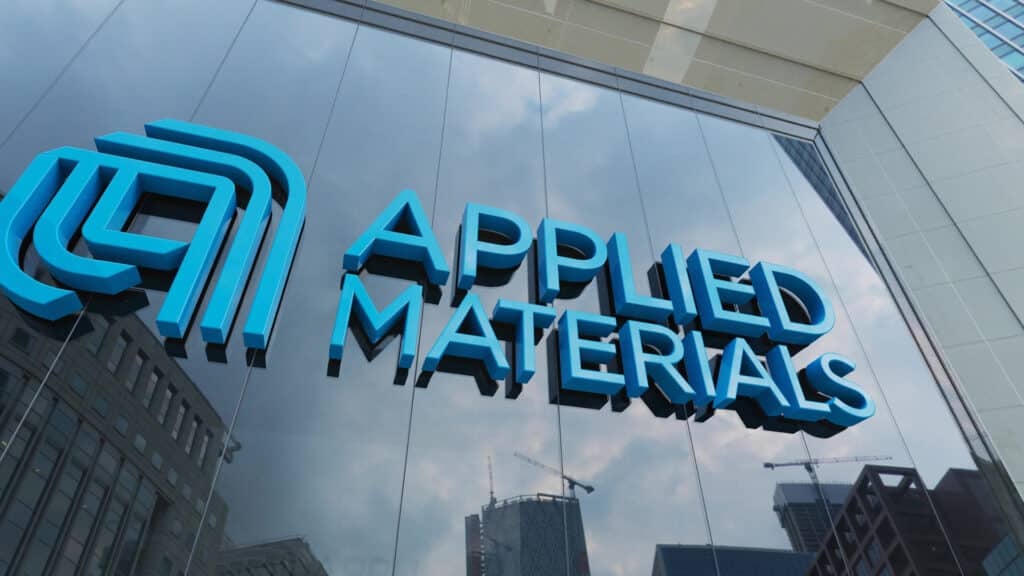The News: GlobalFoundries and Lockheed Martin announced a strategic collaboration aimed at advancing US semiconductor manufacturing and innovation as well as increasing the security, reliability, and resiliency of domestic supply chains for national security systems. Read the full Press Release from GlobalFoundries here.
GlobalFoundries and Lockheed Martin Put the National Security Into the US Chipset Supply Chain
Analyst Take: GlobalFoundries (GF) and Lockheed Martin are bolstering their alliance to enable Lockheed Martin to more swiftly and cost effectively produce secure solutions that boost the national security and competitiveness of the United States. The pair are committed to using GF’s technology and manufacturing practices to increase anti-fragility on microelectronics systems and supply chains. The collaboration will explore critical needs in semiconductor innovation and secure manufacturing across a diverse array of advanced and next-generation chip technologies.
Key innovations and manufacturing capabilities include 3D heterogenous integration for optimized chip packaging that improves performance, silicon photonics for low-power and high-speed data transport, and gallium nitride (GaN) on silicon to help chips work at higher temperatures. From my view, 3D heterogenous integration is being fueled by an expanding demand to integrate multiple devices of various functions, such as ASICs, CPUs, GPUs, FPGAs, microsensors, photonics, and RF components, into a single package.
We see this demand as fueling more research into 3D heterogenous integration platforms that provide the interconnection of multiple devices (i.e., chiplets) of various functions that can exceed monolithic-based performance while using off-chip interconnects and packaging to deliver flexibility in IC fabrication and design as well as reduced cost and development time. From my view, GF and Lockheed Martin have the ecosystem influenced needed to expand and augment the chiplet ecosystem essential to accelerating chip production while lowering production costs.
GlobalFoundries and Lockheed Martin Strengthening Semiconductor Supply Chain Stability
Recently, MIT and DENSO, a global automotive component manufacturer headquartered in Japan, conducted a study which concluded that even a short disruption of a semiconductor facility in Taiwan for 10 days can trigger a concatenation of additional disruptions throughout the entire supply chain that would last almost a year. On national security grounds alone, the US and its allies cannot afford a 10-day disruption of production at one fab that can result in dire outcomes for an extended duration across all supply chain participants including national security suppliers. Alarmingly, disruptions across multiple fabs can prove even more catastrophic.
The collaboration between Lockheed Martin and GF directly supports the CHIPS and Science Act’s goals of increasing traceability, provenance, and onshore production of critical semiconductor technologies that bolster national and economic security and domestic supply chains. I find the timing of the collaboration to be momentous since disruptions in the semiconductor supply chain can have devastating effects throughout the national security fabric as well as the domestic and global economy.
I see the CHIPS and Science Act as critical to meeting the Commerce Department’s objective of “rebuilding American leadership in the semiconductor industry”. Through their alliance, Lockheed Martin and GF are fully aligned to expand domestic production of next-generation chips, building a stable supply of older-technology chips, and investing in the R&D that is key to driving semiconductor innovation. The act is expected to stimulate the construction of six semiconductor fabs in the US, with GF and Lockheed Martin clearly playing an integral role.
Key Takeaways: GlobalFoundries and Lockheed Martin Reaffirm National Security Chipset Credentials
Overall, I believe the collaboration between Lockheed Martin and GF directly benefits from the duo’s trusted partner status across the aerospace and defense industries, reaffirming the partnership’s national security credentials in reliably and securely supplying the semiconductors vital to mission-critical security systems. I anticipate that the collaboration will also prove a compelling sales and marketing reference for the duo in addressing and meeting the supply chain priorities of a wide range of industries across the global economy.
Disclosure: The Futurum Group is a research and advisory firm that engages or has engaged in research, analysis, and advisory services with many technology companies, including those mentioned in this article. The author does not hold any equity positions with any company mentioned in this article.
Analysis and opinions expressed herein are specific to the analyst individually and data and other information that might have been provided for validation, not those of The Futurum Group as a whole.
Other insights from The Futurum Group:
GlobalFoundries Q1 2023 Financials: Meeting Macro Challenges to Assure Profitable Path
GlobalFoundries Partners with Georgia Tech on Chip Research
Author Information
Ron is an experienced, customer-focused research expert and analyst, with over 20 years of experience in the digital and IT transformation markets, working with businesses to drive consistent revenue and sales growth.
Ron holds a Master of Arts in Public Policy from University of Nevada — Las Vegas and a Bachelor of Arts in political science/government from William and Mary.







